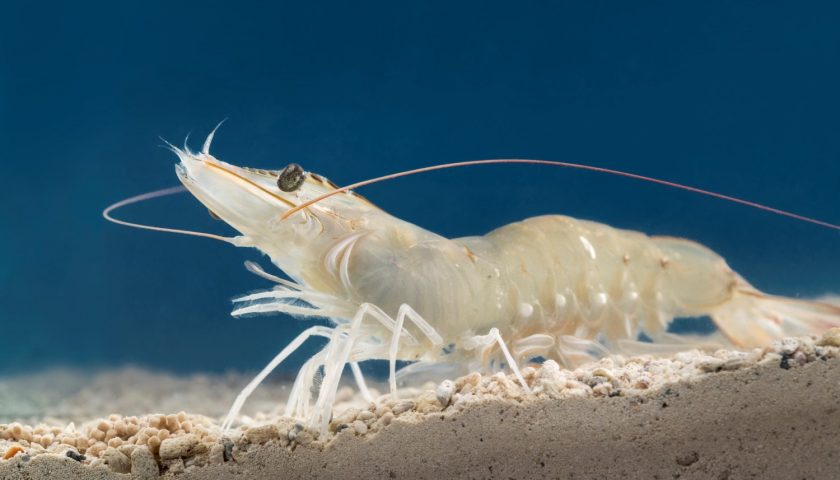The South African Poultry Association (SAPA) has released a report showing that the imposition of antidumping duties of 30% will contribute to a price increase of between 0.9% and 4.9% for chicken products in retail outlets, while also protecting the internationally competitive local industry from unfair and predatory trade practices.
The longer and more frequent loadshedding over the past year has increased prices by 10% for the eight large local producers and about 20% for smaller producers. The more severe loadshedding has added about R1.20/kg to the price of chicken products in retail outlets, SAPA GM Izaak Breitenbach said in a briefing on July 20.
The industry called on Trade, Industry and Competition Minister, Ebrahim Patel, to instate antidumping duties that had been suspended. The antidumping duties set to be reinstated in August would be lower than the 30% provisional antidumping duties imposed from January to July 2022, which were based on the recommendations of trade authority the International Trade Administration Commission (Itac), he noted.
SAPA had commissioned independent economics firm Genesis Analytics to produce a report on the impact of antidumping duties, which are imposed over and above general import tariffs, on the retail price of Chicken products. Dumping refers to the practice whereby a company exports a product at a price that is lower in the importing market than the price in its domestic market.
The price increase of chicken products in retail outlets if antidumping tariffs of 30% were imposed would be in the 2.5% to 4.5% range. However, there is also significant variance in the quantum of duties imposed on importing firms within countries. For example, Brazilian exporters could have duties imposed that range from 6% to 48% of the total antidumping tariff. This variance and changes in markets that South Africa is importing from will further dilute or attenuate the impact on local prices, he said.





